Larry White
As the Shels start their 2021 campaign ‘on the road’ this 26th March against Galway United it might be interesting to recall events exactly 100 years ago on this date: in particular Shels involvement (or lack of it!) in the Irish Cup Final of 26 March 1921. Shels were ‘dismissed’ from taking any further part in the Irish Cup over a dispute around the replay of the semi final. Shels had been favourites to hold on to their title which they won the previous year (1920).
The Irish Cup was a 32–county competition. There was great interest in the Irish Cup for example 10,000 spectators watched Belfast club Cliftonville beat Shels 1—0 in a replayed Final at Dalymount after 12,900 fans had watched the original drawn Final in Belfast (0—0). A crowd of 16,000 spectators watched Shels beat Bohs 2—1 at Dalymount in 1911.
Shels were precluded from getting to the 1921 Final and retaining their title. The Final was eventually played between Glentoran (Belfast) and Glenavon (Lurgan) two Northern clubs, with Glenavon running out 2-0 winners. Shels had won the Irish Cup three times up to 1921. Shels were awarded the 1920 Irish Cup title after sectarian violence marred the other semi final between Belfast Celtic and Glentoran. The political situation was starting to impact negatively on football. The polarisation of Irish society along nationalist and unionist grounds was aggravated by religious sectarianism. Southern clubs no longer took part in the Irish Cup after the events of 1920 & 1921. The subsequent actions taken by football clubs and administrations north and south also led to a more permanent split in Irish Football.
Shels had played the Semi Final of the 1921 competition up in Belfast’s Windsor Park on Sat 5th March against Glenavon from Lurgan. Shels route to the semi finals saw them beat both Bohemians and St James Gate, with both those fixtures having to go to a replay. The 1921 Belfast Semi Final tie ended in a 0—0 draw in front of a crowd of over 5,000 spectators (gate receipts £241). Shels had drawn the first tie in each of its three rounds it played. Following the drawn result the practice was that Glenavon FC would travel to Dublin for the replay which was scheduled for Weds 16 March in Dalymount Park. But the prospect of having to travel to Dublin’s Dalymount Park against the background of conditions during the War of Independence proved too daunting for the Lurgan club Glenavon FC.
In the early 1920s the political and military background of everyday life around Ireland, North and South meant that sport was drawn into the struggle. In some ways the splitting of Ireland into two parts was mirrored in the football split. The daily conflict impacted on football and particularly in 1921 on the Irish Cup Semi Final. Although Shels had travelled up to Belfast, Glenavon refused to come to Dalymount for the replay over their concerns around security issues. Hatred and sectarian discrimination fed into sport but particularly association football.
In 1921 the struggle for independence from British rule in Ireland was coming to a very bitter end. On paper there were already plans to effectively split Ireland into two separate administrations though Partition. The Anglo Irish Treaty of December 1921 would temporarily put off the conflict. Daily life in 1921 throughout Ireland was hugely strained by the war between Britain and nationalist forces who sought their maximum demands of a 32 county republic. Features of that war of independence included guerrilla tactics by nationalist forces attacking British soldiers, police and civilians suspected of aiding the British. Frustrated by nationalist tactics the British response included martial law, curfews, trials by court martials, executions, torture of suspects, destruction of property, looting and burning. There was also internment of the native population (over 2,200 in 1921).
There were assassinations and reprisals on both sides. The British government imposed curfews in many parts of Ireland especially Cork and Dublin whereby anybody found out after a set time could be searched, arrested and possibly locked up. It is ironic that a century later because of Covid pandemic restrictions many streets are similarly empty at night. In 1921 it was not unusual, for men especially, to be stopped and told “Halt take your hands out of your pockets!” by nervous police who feared ‘revolutionaries’ mingling with civilians might have weapons on them to attack police. Sport contests between southern and northern clubs were always at risk of trouble.
Looking back to events of 1921 Shels deserved praise for travelling up to Belfast for the initial Sat 5th March fixture, even more so as Shels were fielding a weakened side. According to newspapers of the time Shels did well to manage the 0–0 draw. They were missing some key players such as Foley and the famous Val Harris. According to the Sunday Independent match report the Shels Goalkeeper Walsh was ‘brilliant’ in goal. Walsh was the difference between the two sides on a day when the pitch after heavy rain cut up as the game progressed. Walsh kept out some great Glenavon shots on goal with cover from an excellent back row in the rejigged Shels team. Shels survived and looked forward to the replay in Dalymount. The Shels team for the 1920 Semi Final included
Walsh (GK), McGloughlin, Kavanagh, Watson (CH for Harris), D. Shiels, Kirkland, G.A. Howsley, Fulham, G. P. Doyle R. F. Kinulmount (for Foley) , Mc Veigh, Flood.
The Glenavon club reneged on the custom of replaying in their opponents home ground. Glenavon lobbied the Northern football authorities to rearrange the replay already scheduled for Dalymount to be played in Windsor Park instead on Weds 16 March. instead of the Dalymount venue as per custom and practice for replays. Glenavon were awarded a bye into the Final. Shelbourne refused to travel to Belfast. Shels were put out of the competition. Taking the side of Glenavon The Belfast Newsletter, wrote
‘What was expected came to pass, and that was that Shelbourne failed to obey the order of the Senior Clubs Committee of the I.F.A. and travel to Belfast last Wednesday ..and were accordingly dismissed from the competition’ (Belfast Newsletter Monday 21, 1921).
As it turned out on 26 March Glenavon lost in the Final 2—0 to Glentoran.
There was a lot of anger and finger-pointing as to who sanctioned Belfast’s Windsor Park as the venue for the rearranged replay between Shels and Glenavon. The Special Committee of the Senior Clubs of the IFA instruction to Shels was seen as high handed and grossly unfair. In the final analysis it led to Shels taking no further part in the Irish Cup. Further still it led to the Leinster FA breaking away from the IFA the then parent body for Association football in Ireland. Shels went on to help set up the FAI (Football Association of Ireland) along with Bohemians, St James Gate, Dublin United, Jacobs and others.













